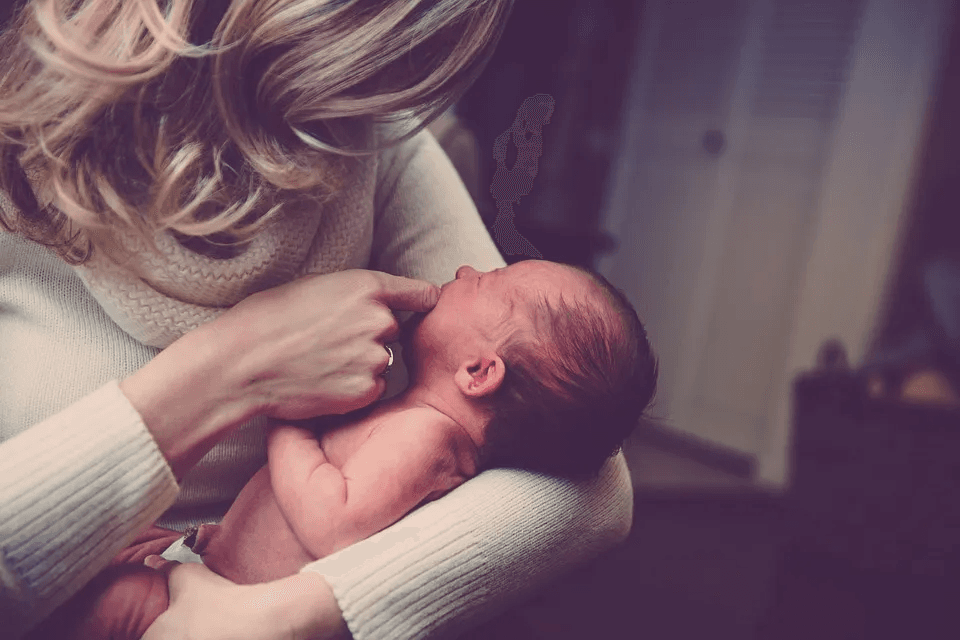Pregnancy's Impact on Biological Aging: Findings Suggest Effects Are Reversible
Pregnancy and Biological Aging: A Complex Relationship A recent study published in the journal Cell Metabolism has shed new light on the relationship between pregnancy and biological aging in humans. The research, conducted by a team of scientists at Yale University, has found that pregnancy can accelerate biological aging by approximately two years, but this effect is largely reversible in the months following childbirth.

25 March 2024
The study analyzed blood samples from 119 pregnant women, measuring their biological age at different stages of pregnancy and after childbirth. The researchers found that from the early stages of pregnancy to the late stages, a woman's biological age can increase by an average of 2.39 years, as measured by a marker called PCPhenoAge.
However, within three months of childbirth, this biological age can decrease by an amount that is two to three times greater than the increase observed during pregnancy. These findings suggest that pregnancy can have a significant impact on biological aging, but that the effects are largely reversible.

This is an important consideration for women who are planning to have children, as it suggests that the negative effects of pregnancy on biological age may be temporary. The relationship between pregnancy and biological aging is complex, and there are several factors that can influence this relationship. For example, a woman's pre-pregnancy BMI can affect the rate of biological aging during pregnancy. Women who have a higher BMI before pregnancy are more likely to experience a faster rate of biological aging during pregnancy and in the months following childbirth. Another factor that can influence the relationship between pregnancy and biological aging is the woman's environment and lifestyle.
Women who are able to rest and recover after childbirth, and who have a supportive environment, are more likely to experience a faster rate of biological age reversal. On the other hand, women who are stressed and overworked after childbirth may experience a slower rate of biological age reversal.
The findings of this study have important implications for women's health and well-being. While pregnancy can have a significant impact on biological aging, the effects are largely reversible, and women can take steps to mitigate these effects by maintaining a healthy lifestyle and environment. It is important to note that the relationship between pregnancy and biological aging is not yet fully understood, and there are still many questions that need to be answered. For example, it is not yet clear why pregnancy can accelerate biological aging, or why the effects of pregnancy on biological age are largely reversible.
Further research is needed to fully understand these complex relationships. In conclusion, pregnancy can have a significant impact on biological aging, but the effects are largely reversible. Women who are planning to have children can take steps to mitigate the negative effects of pregnancy on biological age by maintaining a healthy lifestyle and environment. The findings of this study highlight the need for further research to fully understand the relationship between pregnancy and biological aging.
In related news, a previous study published in the journal Cell Metabolism found that other factors, such as severe stress, parabiosis, surgery, and COVID-19, can also transiently elevate biological age. These findings suggest that biological age is a dynamic and fluctuating measure, and that a variety of factors can influence this measure. It is worth noting that the relationship between pregnancy and biological age is a topic of debate in the scientific community. Some researchers argue that pregnancy can accelerate biological aging, while others argue that pregnancy does not have a significant impact on biological age. Further research is needed to fully understand the relationship between pregnancy and biological age.
In the meantime, it is important for women to maintain a healthy lifestyle and environment, both during pregnancy and after childbirth. This can help to mitigate the negative effects of pregnancy on biological age and promote overall health and well-being.
Share this article
Related Articles

China’s “Ugly Hour” Push: Viral Hashtag Sparks Nationwide Call for 1‑3 a.m. Bedtimes and New Sleep‑Health Policies
By Trending on Weibo
Health
15 Sept 2025

Actress Tang Yan Named First Infant Respiratory Health Ambassador in China’s Nationwide “Good Breathing Protection” Campaign
By Trending on Weibo
Health
13 Sept 2025

Veteran Chinese Actor You Benchang’s Nursing‑Home Move Signals a Shift in China’s Attitude Toward Elder Care.
By Trending on Weibo
Health
9 Sept 2025
Viral Chinese Hashtag Raises Awareness of “Chemical Damage” Caused by Severe Diarrhea.
By Trending on Weibo
Health
4 Sept 2025
Viral “No‑Exercise” Weight‑Loss Hacks Sweep China: Seven Simple Habits Spark Debate
By Trending on Weibo
Health
2 Sept 2025